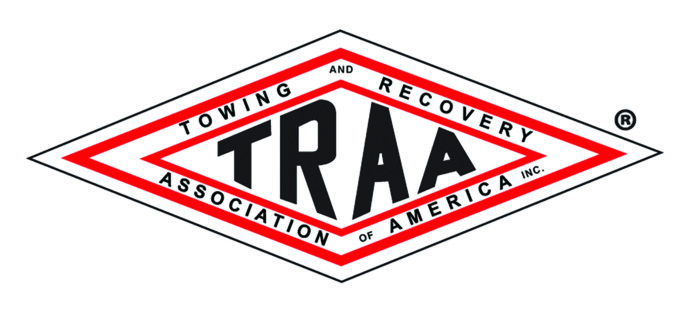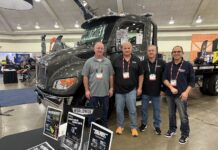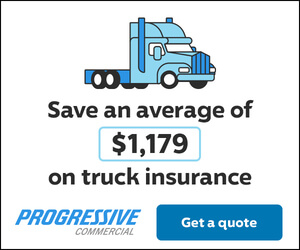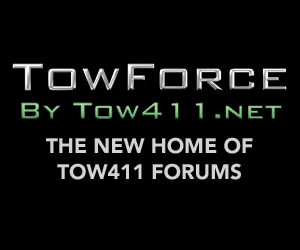The 2021 new year brought with it a new Congress and a new President to Washington. The Towing and Recovery Association of America, Inc.® (TRAA) is pleased to report that as of this writing in November, the federal infrastructure bill headed to the President’s desk for passage into law includes two of TRAA’s top priorities and excludes two provisions that represented profound threats to the towing industry. TRAA is the industry’s watchdog on Capitol Hill!
Non-Consent Towing Rate Regulation Struck-Down – In August, Senators Chris Van Hollen (D-MD) and Tim Kaine (D-VA) introduced an amendment regarding non-consent rate regulation. Having previously met with TRAA, the Senate Commerce Committee’s minority staff reached out to TRAA to get our opinion and understanding of the amendment. TRAA was able to quickly analyze the amendment, understand the negative impacts and bad precedent it sets, and articulate our concerns to the staff. This potentially damaging amendment did not make it into the final Senate passed version of the bill.
No Federal Increase to Insurance Liability Coverage (H.R.2687) – One of TRAA’s top priorities this year has been defeating efforts to increase minimum liability coverage for motor carriers, including towers, from $750,000 to $2M. TRAA was a signatory on the February 2021 Truck Insurance Coalition letter to House Transportation & Infrastructure Committee Chairman Peter DeFazio (D-OR-04) and Ranking Member Sam Graves (R-MO-06) opposing any increase in minimum liability coverage requirements for motor carriers. TRAA was also an active participant in numerous meetings with Congressional staff as part of the OOIDA Minimum Insurance Requirement Coalition and raised this issue as part of our conversations during our Hill Day meetings in March. This provision was not included in the Senate bill. Given how damaging this insurance burden would have been for towers everywhere, this is a huge win.
Apprenticeship Pilot Program for Under-21 CDL Drivers, Provisions from the DRIVE Safe Act (S.659) – The three-year Apprenticeship Pilot Program will allow up to 3,000 CDL holders aged 18 – 20 to drive long-haul in interstate commerce. The program is almost identical to the provisions outlined in the DRIVE Safe Act but as a pilot program overseen by the secretary of transportation. We believe this is a safe and effective way to explore the realities of under 21 drivers engaging in interstate commerce and great for the towing industry as we look to engage and attract more qualified individuals looking for career opportunities.
Protecting Roadside First Responders Act (S.1386) – The bill includes the major provisions in the Protecting Roadside First Responders Act. TRAA signed on as a supporter of the bill which orders a federal study of state Move Over Laws to determine which are most effective and how the federal government can partner with states for better enforcement. The provisions also expand the definition of digital alert technology while adding a new section “to pilot and incentivize measures, including optical visibility measures, to increase the visibility of stopped and disabled vehicles”. This is another major win for the towing industry as we work to increase safety for all roadside responders and decrease line of duty deaths.
These successes were built on years of strategic, targeted hard work. In March, TRAA hosted its 3rd annual – but first virtual – Capitol Hill Days, where TRAA members heard from and met with over forty Members of Congress and staff. Members met with Representative Chris Pappas (D-NH-1), a champion of amending regulations that limit towers’ ability to respond effectively on the interstate highway system, Representative Rodney Davis (R-IL-13), Ranking Member of the House Subcommittee on Highways and Transit, and Senator Tammy Duckworth (D-IL), sponsor of the Protecting Roadside First Responders Act and leading advocate in Congress for move over initiatives.
TRAA continues to advocate on your behalf in Washington, including the pending introduction of a Move Over Resolution with bipartisan support and continued advocacy on regulatory issues before agencies such as FMCSA. Effecting change in Washington takes time, energy, resources, planning, and strategic engagement. Our collective efforts are bearing fruit for the industry. During debate of the federal infrastructure bill, committee staff reached out to TRAA to understand what the impacts of potential policy would be to our industry and our input impacted change in the final package. But more work needs to be done. We encourage you to join your peers in our advocacy efforts. Become a TRAA member today and consider participating in our Legislative Action Workshop & Hill Day in March 2022. It’s easier than you think, and we’ll help you along the way.










